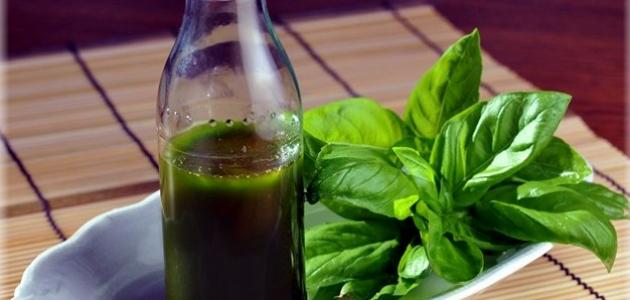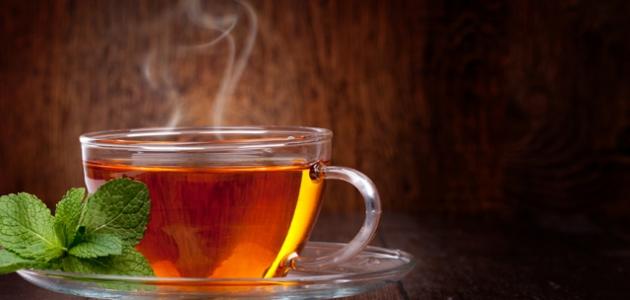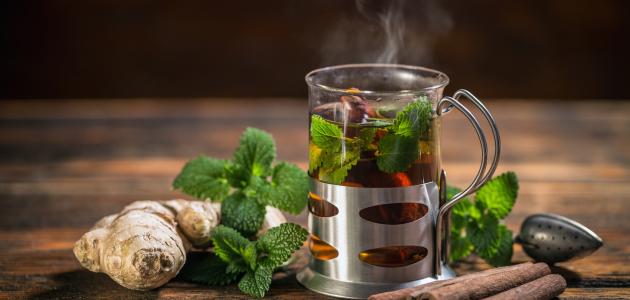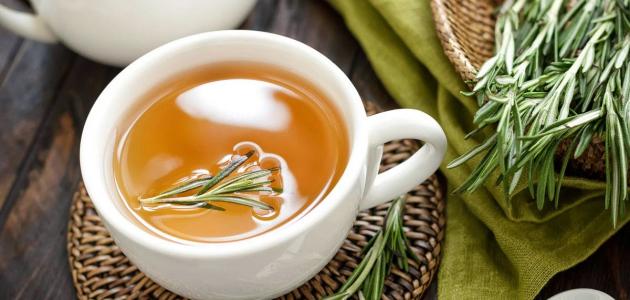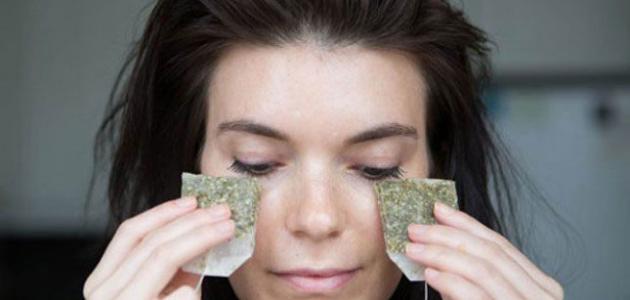Oils
The use of different oils has been known since ancient times, as people have been exploring the plants around them that can be used for different purposes such as cooking or as a type of food, perfumes or cosmetics, preserving the skin, hair and body beauty in general and as perfumes for perfume, or medicine as a treatment for various diseases and treatment of snakebites. And scorpions and others, and the ancient people were trying different ways to use them, sometimes they dry these plants and sometimes they use them as they are for massaging or by crushing or boiling them, as well as by trying to extract their oils, and the oils from them are like volatile oils, that is, when they quickly evaporate in the air and evaporate, and there is no left for them. Any trace and these most of them have aromatic properties, and there are oily oils and these remain on the place on which they are placed and leave their traces and it is difficult to remove them with water as they do not mix with it, and among the oils known to people and widely used by them, argan oil, castor oil, bitter almond oil and sweet almond , OilCoconut, tea tree oil and others, and in this article we will specifically mention tea tree oil.
Tea tree oil
Tea tree oil is extracted from the tea tree, as it is clear from its name, but it must be noted that despite this name, this tree has nothing to do with the tea we drink, and they are from two completely different species, and it is also not related to seed oil. Tea plant, too.
The tea tree that produces this oil reaches a height of approximately eight meters, and produces layers of bark that are somewhat similar to leaves, and this bark bears flowers with pointed ends, and a group of white flowers that take a shape similar to a spike, and the leaves and branches of the young tree are used to extract the essential oil from them Mainly by distillation, and this oil is available throughout the year and in different seasons of the year, tea tree oil takes a yellow-green color and has a smell close to the smell of camphor, and this oil carries about ninety-eight compounds and an active substance, the most important of which is the compound terpinen-4-o, which is Of the anti-bacterial substances.
The original home of this tree is Australia, the indigenous people of Australia knew the use of this tree, specifically its leaves and oils, and they had their primitive and simple methods of extracting it, and they used it mainly because of its anti-rot property, but after the Europeans arrived in the region, Captain Cook called this tree the tea tree After that, it spread to other countries and expanded its use in treating insect bites and in treating wounds, burns and sores, and became famous and known for being an effective and powerful bactericidal substance.
Benefits of tea tree oil
Tea tree oil has properties against various pathogens such as bacteria, viruses, fungi, and parasites, and therefore it is useful for treating various bacterial infections, including those that affect the internal organs such as the digestive organs of the stomach, intestine and colon, as well as it helps in treating infections of the excretory system and urinary tract infections, and it is useful in Treating respiratory infections such as infections of the throat and lungs, and it has been known to be used to treat tuberculosis.
It is known that the treatment of the vast majority of viral infections depends on treating the symptoms of high temperature and others, because the body is able to overcome this type of inflammation and therefore treating the symptoms helps the body's immune system to resist, and tea tree oil helps in that and in the treatment of viral infections Like those that lead to colds, influenza, and others, this oil helps fight fungi and fungal diseases, including athlete's foot, fungi that infect the skin, nail and mouth fungi, and it helps treat some infections caused by parasites such as malaria.
Tea oil helps treat phlegm and thus it is useful for coughs associated with mucus, and tea tree oil is considered a repellant for insects from mosquitoes, flies, ants, and others. As well as a treatment for muscle pain, it is a tonic for the cells of the body and works on cell growth and renewal, it is a tonic for the blood circulation, and tonic for the immune system, and it helps increase the body's ability to absorb nutrients by its cells and works to revitalize the body and promote its health.
As for the aesthetics, tea oil has a strong effect on the health and beauty of both skin and hair, it helps to fight acne and the effects resulting from it, in addition to that it protects them from various infections that may affect them, and it helps to speed up healing of wounds and scars and reduces their impact on the skin As for hair, it helps reduce hair loss as it stimulates the blood circulation to the scalp and thus maintains the health of the hair and keeps it moist, and it also works to treat and get rid of dandruff.
Uses of tea tree oil
Because of the benefits of tea tree, it has many uses, including:
- Tea tree oil as an antiseptic: Tea oil is used as a disinfectant for various wounds because of its anti-infection properties, by adding some drops of it to a quantity of water and placing it on the wound.
- Muscle relaxant: This can be done by adding about twelve drops of this oil to an appropriate amount of water to make a bath and sit with it or by massaging it on the affected area for about half an hour twice a week, and this is useful for those who are subjected to muscle tension after sports or after hard work.
- Enter in aromatherapy: By placing a few drops of this oil on a cloth moistened with warm water and inhaling it, and this is useful in cases of cough and cold.
- Treatment for acne and skin blemishes: This is by applying diluted tea oil to the skin, and results are expected within one day.
- In the treatment of dandruff: This can be done by adding a few drops of it to the shampoo, i.e. about four drops, and it should not be used directly while it is focused on the scalp, but it must be diluted with shampoo. Tea tree oil also works to rid the scalp of excess oils and sebum.
- For nail health: Helps treat fungi and other nail irritations and diseases.
- In cleaning the house: it works to sterilize and clean the surfaces. This can be done by adding about five drops of oil to two cups of water, and then putting the ingredients in a spray bottle and cleaning the surfaces of the house with it. It can also be used to sterilize and clean bathrooms and even to sterilize and clean shoes to get rid of fungi and bacteria.
- It helps to get rid of bad breath, and it is anti-bacterial and fungi that may grow in the mouth and cause this smell, and currently there are lozenges tablets that contain tea tree oil among its ingredients to eliminate annoying breath odor.
- For washing clothes: Tea tree oil can be used in washing clothes, especially woolen ones, to prevent the gathering and multiplication of fungi, by adding about three drops of it with detergent.
- Air freshener: By adding about a cup of gelatin powder with twenty drops of this oil and half a cup of hot water and putting it in a clean container with stirring and leaving it in the refrigerator until the gelatin solidifies.
Cautions and Advice
- A doctor should be consulted before using this oil internally, and it should be avoided by pregnant and breastfeeding women.
- This oil may cause redness and irritation of the skin, especially for sensitive skin, and if these symptoms appear, it should be avoided.
- Avoid using it internally excessively, as overdosage leads to vomiting, diarrhea and weak immunity, as well as drowsiness and confusion, and the problem may reach the point of coma, and if this occurs, the injured should be referred to the nearest medical center for ambulance.
- This oil is sensitive to light, so it should be stored in dark colored bottles and in dark places.
